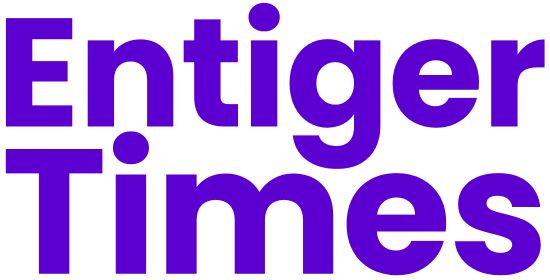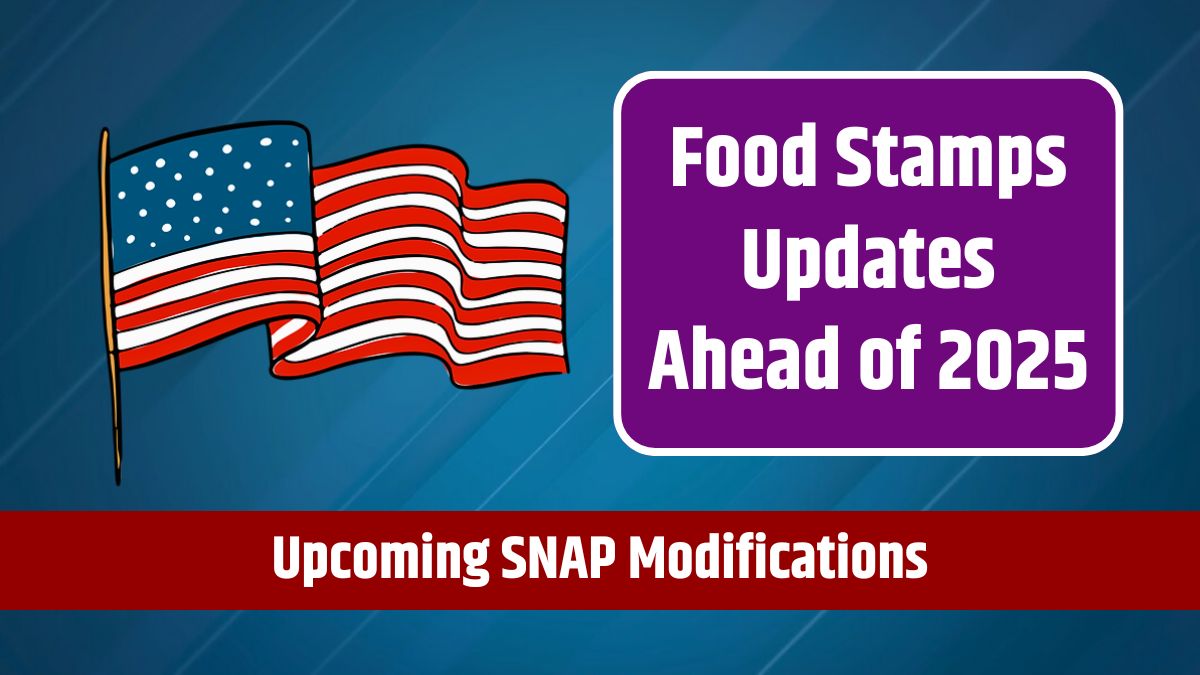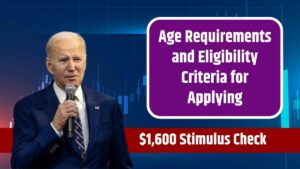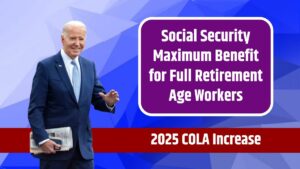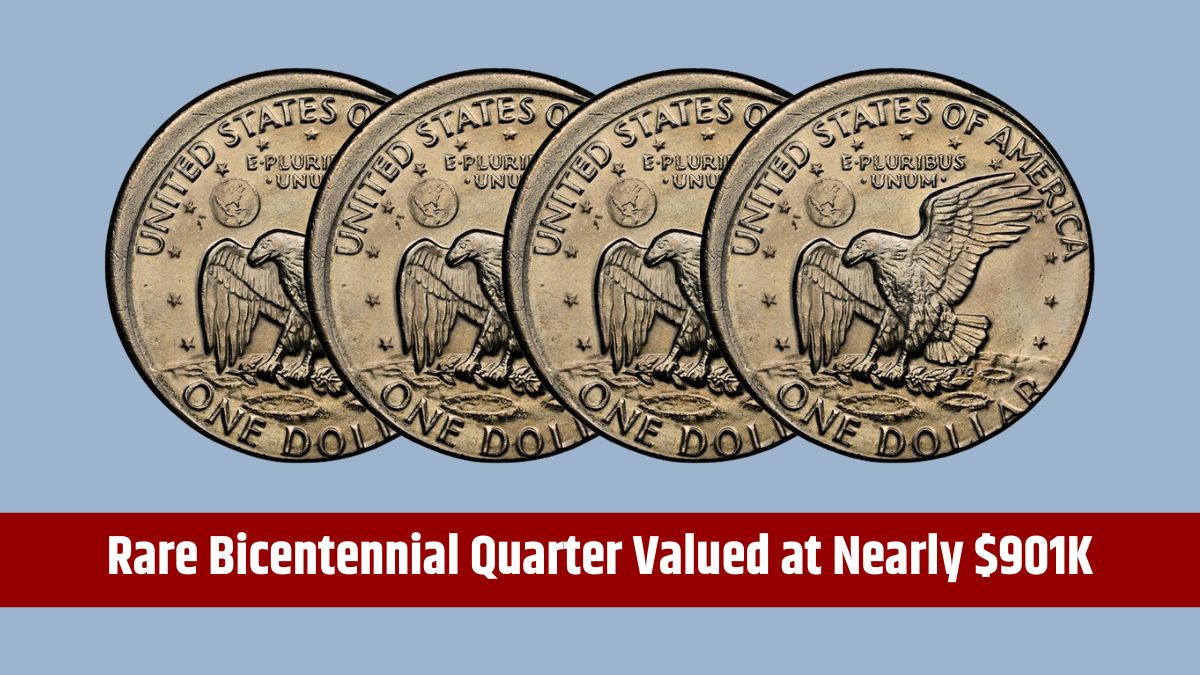The United States Department of Agriculture (USDA) and the Food and Nutrition Service continuously strive to enhance the Supplemental Nutrition Assistance Program (SNAP), commonly known as Food Stamps. These improvements aim to better serve beneficiaries by adjusting payment amounts in response to economic factors, such as inflation.
As the cost of living rises, so does the need for higher SNAP benefits to maintain recipients’ purchasing power. Let’s look into the upcoming changes, including the 2025 Cost of Living Adjustment (COLA) and other significant updates.
Contents
- 1 2025 COLA Adjustment
- 2 SNAP ABAWD
- 2.1 $1,450 SSI Payments Post-2025 COLA Increase – Verify Your Eligibility
- 2.2 FAQs
- 2.3 When will the 2025 COLA for SNAP take effect?
- 2.4 What are the new SNAP maximum amounts for 2025?
- 2.5 Social Security Maximum Benefit for Full Retirement Age Workers – Changes Following the 2025 COLA Increase
- 2.6 Which states will see decreased SNAP benefits?
- 2.7 What are the new ABAWD age limits for SNAP recipients?
- 2.8 Are there exemptions to the ABAWD work requirement?
2025 COLA Adjustment
With inflation impacting the cost of everyday essentials, the USDA adjusts SNAP benefits annually to help beneficiaries keep up. The 2025 COLA will be effective starting October 1, 2024, for the 48 contiguous states and Washington, D.C. This adjustment ensures that as prices rise, so do the benefits, enabling recipients to maintain their purchasing power.
However, while most states will see an increase in their SNAP maximum benefits, Hawaii will experience a decrease for the second consecutive year. In contrast, Alaska, Guam, and the U.S. Virgin Islands, which face higher inflation rates, will benefit from increased SNAP maximum payment amounts.
Here’s a breakdown of the new maximum SNAP benefits starting October 1, 2024:
| Household Size | Maximum Amount (48 States & DC) |
|---|---|
| 1 | $292 |
| 2 | $536 |
| 3 | $768 |
| 4 | $975 |
| 5 | $1,158 |
| 6 | $1,390 |
| 7 | $1,536 |
| 8 | $1,756 |
| Each Additional Member | $220 |
These adjustments reflect the USDA’s commitment to ensuring that SNAP recipients can continue to afford nutritious food, despite the rising costs.
SNAP ABAWD
In addition to the COLA adjustments, the USDA has announced changes affecting Able-Bodied Adults Without Dependents (ABAWD), a specific group of SNAP recipients. Previously, ABAWDs aged 18-52 had to meet certain work requirements to receive benefits beyond a three-month limit in a three-year period. Starting in 2025, the age range will shift to include those aged 53 and 54, expanding the group of recipients subject to these rules.
Under the new guidelines, ABAWDs aged 18-54 must work at least 80 hours per month to continue receiving SNAP benefits beyond the three-month limit. This requirement can also be met through approved work programs or volunteer activities. However, there are exemptions for those who may not be able to meet these requirements due to certain circumstances, including:
- Pregnancy: Individuals who are pregnant are exempt from the work requirement.
- Childcare Responsibilities: Those responsible for caring for a child are also exempt.
- Veterans: Veterans are not required to fulfill the work requirement.
- Foster Care Background: Young adults under 24 who were in foster care are exempt.
- Homelessness: Individuals experiencing homelessness are not required to meet the work criteria.
These changes aim to encourage workforce participation among SNAP recipients while providing necessary exemptions for those in challenging situations.
As 2025 approaches, the USDA’s updates to the SNAP program reflect the department’s ongoing efforts to adapt to economic conditions and better serve beneficiaries. With the 2025 COLA adjustments, most recipients will see an increase in their benefits, helping them to better cope with inflation. Additionally, the changes to the ABAWD age limit and work requirements ensure that those who can work are encouraged to do so, while still providing support to those who cannot meet the requirements.
FAQs
When will the 2025 COLA for SNAP take effect?
The 2025 COLA will be effective on October 1, 2024.
What are the new SNAP maximum amounts for 2025?
For a household of one, the maximum is $292, increasing with household size.
Which states will see decreased SNAP benefits?
Hawaii will see a decrease in SNAP maximum amounts for the second year in a row.
What are the new ABAWD age limits for SNAP recipients?
The ABAWD age limit has changed to include individuals aged 53 and 54.
Are there exemptions to the ABAWD work requirement?
Yes, exemptions include pregnancy, veterans, childcare responsibilities, and homelessness.
